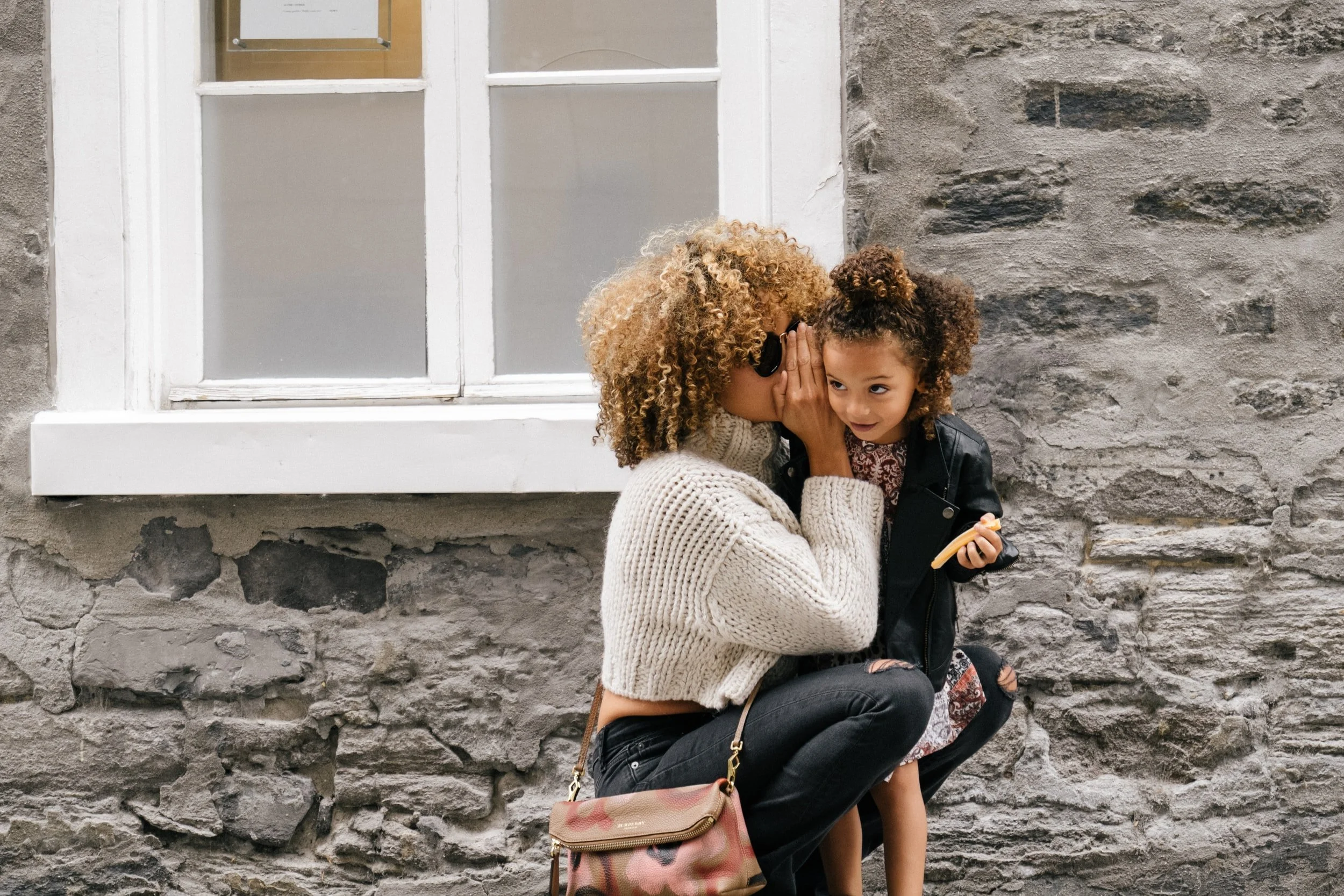Am I a Parentified Child?
What is a Parentified Child?
Parentification of a child happens when the child switches roles with their mum, dad, or both, to become the parent within the household at a young age.
There are approximately 1.3–1.4 million parentified children aged 8–18 in the United States (Diaz et al, 2007), and parentification is likely to be experienced by many children and adolescents worldwide.
It can happen for a number of reasons.
Death, Divorce, or Single-Parenting
It can happen through a divorce, the death of a parent or otherwise being raised by a single parent. The child, usually the oldest, takes on the responsibility for the younger siblings between when school ends and their parent returns from work - and sometimes even when their parent is home. This might involve walking their siblings home from school, cooking dinner, helping with homework, bath time, bedtime, and waking up during the night to comfort their siblings.
When a parent dies, especially, the oldest child is often told - however innocently - that they are the "man/lady of the house now" and that they need to "hold down the fort" or "help mummy/daddy". This is a massive responsibility to put on a young child, as they are left to feel that their surviving parent wouldn't be able to cope without them.
After a divorce or separation of parents, the same feelings can plague the children, but this can also happen pre-divorce, with children feeling that if they take some of the burdens from their parents, then their parents will be happier and therefore stay together. The children often feel like they are holding their family together.
Abuse, Addiction, or Illness
Another reason that parentification of a child happens is through the mental illness, physical illness, or substance addiction of one or both parents. This often goes along with some form of abuse from one or both parents, whether it's emotional or physical. Abuse alone is more than enough to create a parentified child. In these circumstances, the child, again often the oldest, becomes the protector of either the parent or the siblings, or both.
The child might be the one to make sure that everyone in the house eats, gets to school, does their homework, and so on. They might have to do the weekly food shop, make sure prescriptions are collected from the pharmacy, book and attend medical appointments with their parents, and so on. They might also become an emotional confidant for their parent, hearing things that are way beyond their years and taking the anger, upset, and emotional and physical abuse so that their younger siblings are protected.
Signs of a Prentified Child
There are a few ways that you can see if you might have been a parentified child. One of them is how adults talked about you when you were a child. Common phrases used to describe parentified children include:
You’re so grown up
You’re such an old soul
You were likely a child that was seen as responsible, in control, and able to handle “grown-up” issues and be involved in “grown-up” decisions with your parents. You might feel like you don’t really remember being a “kid”, and feel like it’s safer to be self-reliant than to depend on others.
There are many other things that might point towards you having been parentified as a child, but these are the ones that I see in the therapy room most often.
Parentified Children in Adulthood
Being the parentified child can have long-lasting effects on your relationships with your parents and siblings, on your mental health, your physical health, and your ways of relating to the world.
Sibling Relationships
Often those children who were charged with caring for their siblings can become resented by their younger siblings, especially during teenage years. They may resent the fact that their older sibling was able to set and enforce the rules. Often, siblings can become enmeshed and co-dependent in adulthood - being incredibly close but also overly reliant on each other.
Sometimes, when the parentified child leaves home, either for University or because they can't handle the parent anymore, or because they get kicked out, the younger siblings can feel abandoned. This is potentially the only person that has cared for them, and now they are gone - they have lost their parent.
Parent Relationships
Children can continue to parent their parents in adulthood, with some still organising medical appointments, rehabilitation centres, and so on. Others become estranged from their parents, which can lead to feelings of resentment from the parents as they may feel abandoned by their child.
Emotional Impact
Many parentified children can experience mental health issues such as anxiety, obsessive-compulsive disorder, depression, eating disorders, and addictions. Many even go on to allow their children to parent them just as they parented their parents - if they do not address and grieve for their lost childhood.
Often these parentified children grow up and enter into relationships with those that they need to parent - an alcoholic partner, a depressed partner, a childlike partner, and so on. Sometimes they force this kind of relationship on their partner - ensuring that they take care of everything and not letting their partner contribute. It is a way of staying in control, not depending on the other, and staying self-reliant.
Recovery from parentification involves acknowledging and grieving for the lost childhood - finding ways to rely on those around you in a healthy manner, and finding ways to let go of responsibilities and burdens that are not yours to carry.
As always, if you would like to book an initial counselling session with me, please click here to get started!


